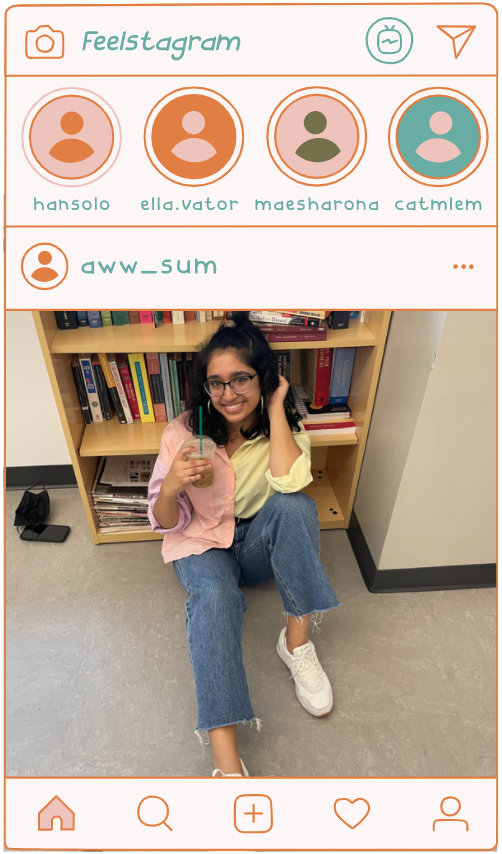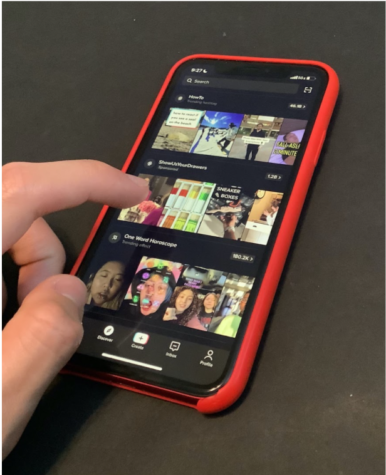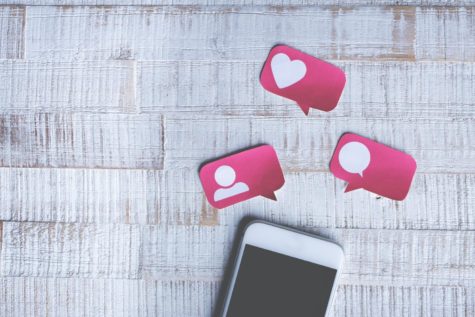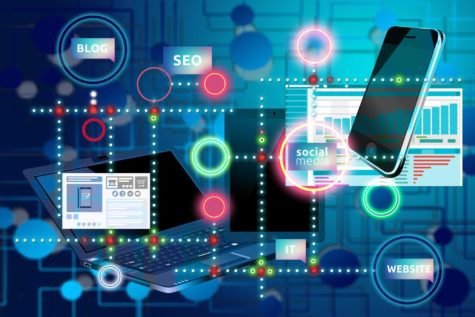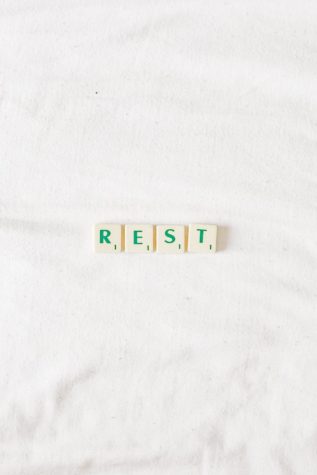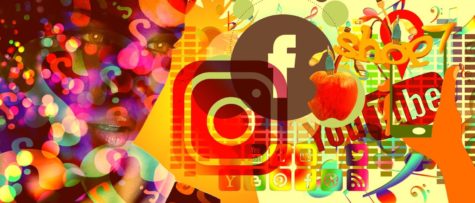The Pandemic and My Screentime
Technology has always played a big role in my life. From television to my laptop and ultimately to my phone, my devices have always been the way I’ve received news, entertained myself, and communicated with others. However, as the coronavirus pandemic progressed, technology began to play a large role in my education. Classes were online and assignments were rarely handwritten. My screen-time went up exponentially, not just on my phone but on my laptop and other devices as well. Due to this increase in time spent looking at the screen, my attention-span decreased, my eyes began to hurt, and I felt tired quickly. Though I always thought of technology as a tool to further my education and my learning, I realize how many adverse effects it has had on me, especially due to the pandemic.
Before the pandemic, my relationship with technology was primarily centered on my phone. I only ever used my laptop if I had to write an essay or do any other assignment for school. My entertainment came mostly from my phone, from games to chatting with friends to mindlessly scrolling on social media or Youtube for long periods. Even then, my screen time had not been too large, the max being around 4 hours. Pre-pandemic I had spent almost two hours a day at the dance studio for practice and rehearsals after school. My after school activities had given me a much needed break from technology and school and gave me a way to release boredom or de-stress that didn’t involve toying with my phone mindlessly. I suppose not having after school activities and being at home a lot more than I had previously contributed to my steep intake of technological consumption. Because I no longer have the obligation and commitment of dance that had been quite significant in my life before the pandemic, I have much more time at home that is usually wasted by spending time on my phone or playing television in the background.
In all honesty, half of my usage of handheld devices is manageable and I could stop and shut off my device at any time. However, I find myself gravitating towards picking up my phone and mindlessly scrolling instead of any other activity that I could in my free time.
The biggest difference in my relationship with technology from pre-pandemic times to now is my reliance on it for school and education. With the way school was structured at the beginning of the pandemic, it was mandatory to be on my computer throughout the hours of school (around seven hours in order to attend Zoom classes, submit assignments, and communicate with my teachers). During the months of March 2020 to May 2020 I was constantly on my laptop, submitting assignments, watching assigned videos, taking exams, and much more. While previously I had only used my laptop for the occasional Google search, I was now using it for everything that had to do with my education. During those hectic three months of fully virtual school, I had never actually paid any mind to my excessive technology use and the significant dependence I had on it, likely because I was quite overwhelmed with the sudden change in learning from in-person to fully online. My mindset during the time was to just focus on doing what I can for my education, even if the whole experience was quite confusing at first. My screen time for my phone increased as well because it was my only form of communication with my friends; we would text and video call almost everyday, during and after school had ended. Overall, I spent five to eight hours on my phone, simply to entertain myself.
Ayad Akhtar’s article “The Singularity is Here” goes into depth on the effect of technology on our generation. He writes about how technology impacts our productivity by shaping our schedules, shortens our attention span, and much more. As I read through the article, I realized how much of the information he was laying out applied to me and my relationship with my devices and technology. The obsession and need that we as a society have for technology impacts how we focus and how we live our daily lives. He calls technology “merchants of attention”. Akhtar writes, “We may not notice that there is less and less time passing between touches of the phone…We’re in 2021, and the urge to reach out for the screen now feels like a rightful impatience with boredom of any sort.” This applies to me specifically when it comes to entertainment. Apps like YouTube, TikTok, and other video-watching entertainment platforms provide short-form content that cause people to continue watching for hours on end. Because the content is usually only around a minute to three minutes on TikTok, we begin to get bored when watching videos that are longer than that. My attention span has been significantly impacted, and I see it in my everyday life. When I listen to music and a song is longer than three minutes, I skip to the next one. When we are assigned videos to watch in class, I always put the video on 2x speed or open up the transcript to find the information I am looking for. No matter what it was, I found myself getting bored and losing focus quickly. My phone provides me with stimulus because something is always playing and there is always something new to look at after every scroll on an app. As I reflect more on my device usage, I realize that this is not the way I would like to spend my time. Keeping my phone right next to me has always made it easy to access and use for hours on end, but this is something I want to change.
Now is the time to break my bad habits, to not only use my time wiser, but to also maintain a healthier life. If I limit my screetime and find other ways to find entertainment, there will be less blue light entering my eyes, I may feel less drowsy, and I can work towards building a stronger attention-span. Though the pandemic has definitely helped me enforce my awful device usage, I know I can work towards fixing this and making myself a more productive person.

